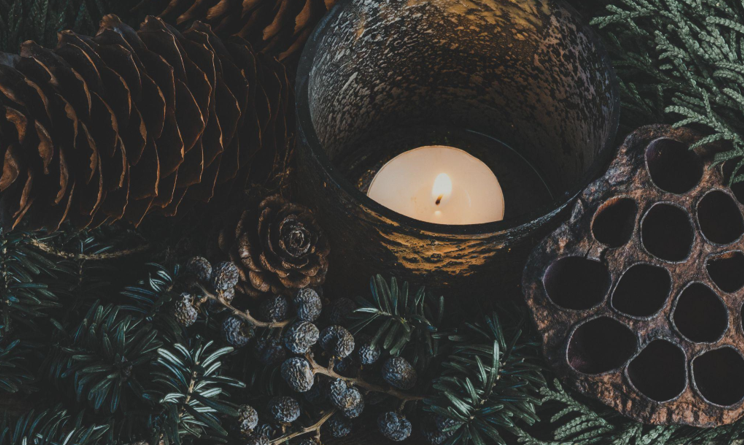
Reflecting on Memories and Traditions: A New Year’s Day Blog Post
As the old year passes and a new year dawns, reflecting on the memories and traditions that have shaped us throughout our lives is natural. From the annual New Year’s Eve celebration to the sacred rituals of our cultural heritage, these practices are fundamental to our identity and play a vital role in shaping the way we approach the future.
One of the most cherished New Year’s Eve traditions is the countdown to midnight, where millions of people worldwide gather to welcome the new year with fireworks, music, and dancing. The origins of this practice can be traced back to the ancient Babylonians, who celebrated the coming of the New Year with a massive festival, complete with feasting and drinking.
Another popular tradition is making New Year’s resolutions, which often involve setting goals for self-improvement and personal growth. Whether it’s losing weight, quitting smoking, or learning a new skill, these resolutions offer a way to start the year with purpose and direction.
However, not all New Year’s traditions are celebratory. In many cultures, the year’s turning is marked by solemn observances and religious rituals. In Judaism, for example, the holiday of Rosh Hashanah marks the beginning of the spiritual new year and is traditionally observed with prayer, fasting, and repentance.
Similarly, the Japanese New Year, or Oshogatsu, is a time of quiet reflection and spiritual renewal. This holiday is celebrated with visits to family and friends, exchanging gifts, and preparing particular foods.
Despite the diversity of these New Year’s traditions, they all share a common purpose – to connect us to the past and inspire us to face future challenges with strength and confidence.
As we look to the year ahead, it’s important to remember that traditions can provide stability and comfort in uncertain times. They remind us of who we are and where we come from and provide a framework for navigating the complexities of modern life.
That being said, traditions should not be viewed as rigid or inflexible. They can and should evolve to reflect our communities’ and societies’ changing needs and values.
For example, there has been a growing movement in recent years to include more eco-friendly and sustainable practices in our New Year’s celebrations. From using biodegradable confetti to choosing locally-sourced foods, these small changes can significantly impact the health of our planet and our collective well-being.
With this in mind, let’s embrace the full depth and richness of this particular time of year and use it as an opportunity to reflect on our memories and traditions, both old and new. Whether enjoying a festive gathering with loved ones or taking a moment of quiet contemplation, let’s hold fast to the things that matter most and look forward to a new year full of hope and possibility.
The Importance of Celebrating Traditions with Our Children
As parents, one of our most important responsibilities is passing on the traditions that have brought meaning and joy to our lives. This may include everything from holiday rituals to family recipes to cultural customs.
By sharing these traditions with our children, we are helping to create a sense of continuity and connection across generations. We are giving them a glimpse into our shared history and providing the tools they need to navigate the world around them.
Moreover, traditions can be a powerful way to strengthen family bonds and create lasting memories. Whether it’s baking holiday cookies together or attending a religious service, these shared experiences can foster a sense of closeness and affection that lasts a lifetime.
Of course, every family is different, and the traditions that make sense for one may not work for another. That’s why it’s essential to be flexible and open to new ideas while also honoring the customs and beliefs that are most important to us.
What matters most is that we are taking the time to celebrate our traditions and create meaningful experiences for ourselves and our loved ones. Whether it’s a simple family dinner or a grand New Year’s Eve extravaganza, let’s make the most of this particular time of year and cherish the memories and traditions that make our lives rich and meaningful.
The Power of Cultural Traditions
In a world that is becoming increasingly globalized, cultural traditions are more important than ever. They offer a way to connect us to our heritage and provide a sense of belonging in an otherwise fast-paced and often chaotic world.
Indeed, cultural traditions can be a source of pride and strength for those in a marginalized or oppressed community. By celebrating our unique customs and practices, we assert our right to exist and thrive and demonstrate that our stories and experiences matter.
For immigrants and their descendants, cultural traditions can also serve as a way to navigate the challenges of assimilation.